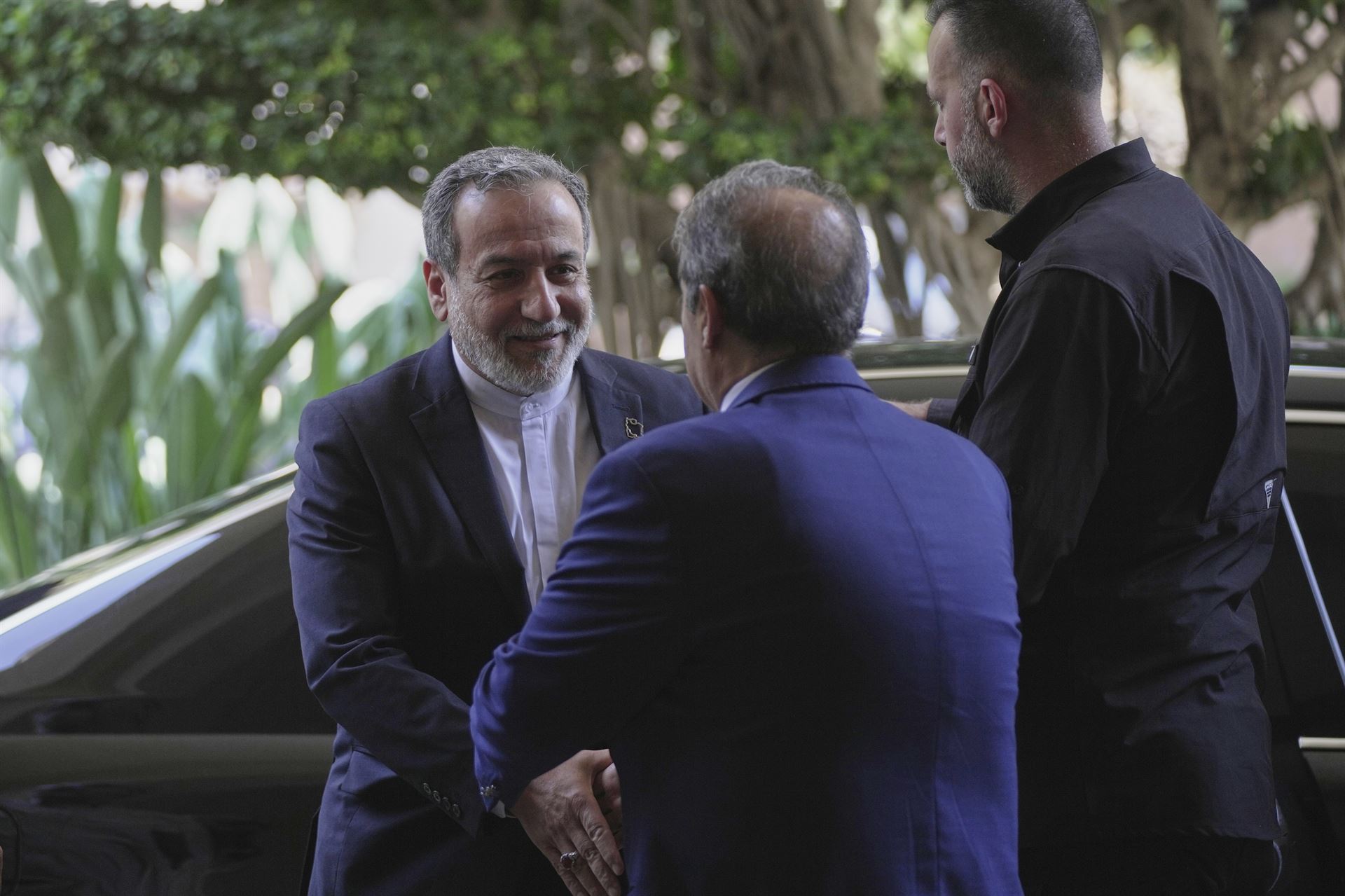
TEHERAN - Iranian President Masoud Pezeshkian said on Tuesday that Teheran would not accept "coercion and the imposition of demands" in nuclear negotiations, as indirect talks with the United States continue under Omani mediation.
Pezeshkian made the remarks during a meeting in Teheran with New Zealand's new ambassador, Bethany Madden, according to a statement published on the presidential website.
He reiterated that Iran does not seek to develop nuclear weapons and remains open to cooperation to prove the peaceful nature of its nuclear programme.
Ambassador Madden, for her part, expressed hope that her tenure would help strengthen bilateral ties.
ALSO READ: Trump contradicts US negotiating team's nuclear proposal to Iran
Since April, Iran and the United States have held five rounds of indirect discussions -- three in Muscat and two in Rome -- focused on Teheran's nuclear activities and the potential easing of US sanctions.
Separately, government spokesperson Fatemeh Mohajerani told a press conference in Teheran on Tuesday that Iran supports dialogue, but one that is "transparent and sincere," according to the semi-official Tasnim news agency.
She added that Iran is ready for "any scenario" but would remain at the negotiating table as long as its national interests are safeguarded.
Ready to continue
Iran and Germany have expressed readiness to continue talks on Teheran's nuclear program and the removal of sanctions.
READ MORE: Iran rejects IAEA report as ‘politically motivated’
In a phone call on Monday, Iranian Foreign Minister Seyed Abbas Araghchi and his German counterpart, Johann Wadephul, discussed bilateral ties and other issues of common interest, said the Iranian Foreign Ministry on its website on Tuesday.
Araghchi hoped that bilateral relations would improve, voicing Iran's readiness to take effective steps to that end.
As for the ongoing indirect talks between Iran and the United States on Teheran's nuclear program and the lifting of Washington's sanctions, he highlighted the importance of Europe's "constructive" role in the resolution of the nuclear issue.
READ MORE: Trump says he warned Netanyahu against actions on Iran amid nuclear talks
Araghchi voiced Iran's willingness to continue dialogue with Germany, France, Britain, and the European Union on those issues.
For his part, the German foreign minister said that his country was ready to continue bilateral and multilateral talks with Iran and to take further steps to enhance mutual trust.
The two sides also decided to make the arrangements for political talks between the Iranian and German foreign ministries on certain bilateral issues, according to the statement.
Iran and the three European countries of France, Germany, and Britain have held several rounds of talks covering Teheran's nuclear program and the removal of sanctions. The latest round was held in Istanbul last month.


